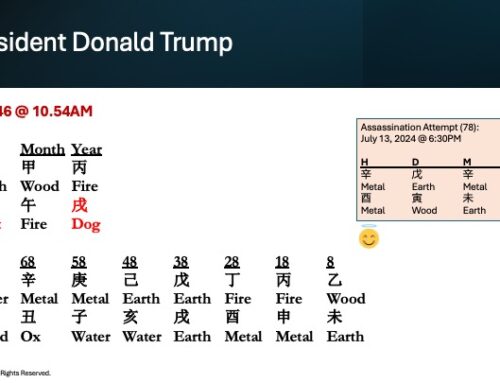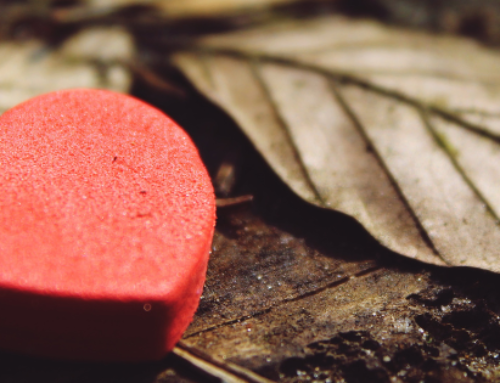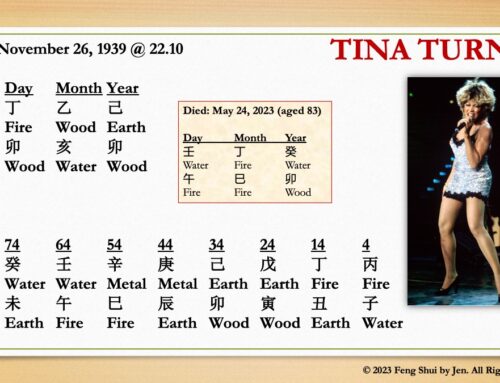The Feng Shui Mindset: Detoxing the Brain from Fiction to Fact
 There is an epidemic spreading across the Western part of the world, and the impact has already been felt. Let me ask you this: If you live in the U.S., what are your general thoughts on Feng Shui?
There is an epidemic spreading across the Western part of the world, and the impact has already been felt. Let me ask you this: If you live in the U.S., what are your general thoughts on Feng Shui?
If your answer consists of something to do with the love corner, a pair of mandarin ducks, or keeping the toilet seat cover down, then you’ve already caught the disease. The disease of Fake Feng Shui.
So what? What’s the big deal? Why should you care? Because Fake Feng Shui is a persistent and dangerous disease, I am here to give you a dose of vaccine.
Don’t worry. This disease is curable.
The culprit to all this wackadoodle–or chronic disease–is the unfortunate handy work of people who are utterly confused, misguided, or are simply in it for themselves. They are taking Classical Feng Shui and over-simplifying and diluting it in order to make a quick buck. They are making Feng Shui fit their own mold of what is convenient for them so the “mass appeal” makes it easier to sell you a product or a magazine or a consultation or a furniture rearrangement session.
In short, they are trying to convince people that Feng Shui is something that it is not.
Real, Classical Feng Shui is actually very methodical and systematic. It follows a set of rules. Like mathematics.
I ask you, how much can you deviate from the equation if the formula is 1+1 = 2? Can it be 3? Unfortunately, some people have decided to bend the formula to make it sound more hip and trendy. And so, it opened up the Pandora’s box for our brains to be poisoned.
The sad part is, there is so much Fake Feng Shui out there, some even well-meaning people have been catching the disease and not even realizing it. That’s why I’m here to set the record straight.
In general, here are some ways you can spot Fake Feng Shui (not all inclusive list):
- Feng Shui does not use the Luo Pan, or Feng Shui Compass (lacking the component of Space, or directional energies).
- Feng Shui does not take people’s birthdays into consideration (lacking the component of People, or man energy).
- Feng Shui does not take into consideration the dynamic movement of change (lacking the component of Time).
- Feng Shui does not take external environment into consideration (lacking the component of Form, or macro landscape).
- Feng Shui consultations include praying and chanting (mixing religion and spiritual rituals).
Authentic, traditional Feng Shui is different. It takes into consideration, time, space, people, and form, and dismisses the co-mingling of religion and spirituality.
Classical Feng Shui is 5,000 years old and has worked all that time. It is a valuable tool that helps us understand our energetic spaces in a logical, objective, and systematic fashion, without compromising on your personal beliefs. Feng Shui is, in essence, a body of knowledge. And so I am here to tell you that it’s not going anywhere, even with all this Fake Feng Shui circulating. But it’s important that you do your part to keep it from spreading.
When I teach Feng Shui to my students, I am amused at their ah-ha! moments when they get themselves stuck somewhere in the middle between the idea that Classical Feng Shui is so sophisticatedly complex and real, to how intricately simple and practical it is all at the same time. This is so true.
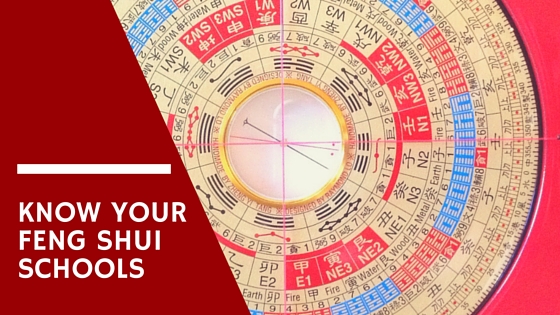 Dr. Stephen Skinner offers this helpful passage: “Feng Shui is much more than theory. It is definitely not a system of ecology, despite whatever its New Age proponents believe. It is not a system of spirituality, except inasmuch as some of its practices. It is definitely not a part of Buddhism, as one prominent American proponent would have you believe. It is, however, an intensely practical approach to the modification of luck, based upon an understanding of location, direction, energy, and landform that has yet to be achieved in the West.”
Dr. Stephen Skinner offers this helpful passage: “Feng Shui is much more than theory. It is definitely not a system of ecology, despite whatever its New Age proponents believe. It is not a system of spirituality, except inasmuch as some of its practices. It is definitely not a part of Buddhism, as one prominent American proponent would have you believe. It is, however, an intensely practical approach to the modification of luck, based upon an understanding of location, direction, energy, and landform that has yet to be achieved in the West.”
When I attended the International Feng Shui Convention in Shanghai in 2015, the speaker asked the audience: “What are you doing that is different, faster, and cheaper?” I pondered the question then and still do today: How do I stay relevant and competitive in the modern world by way of doing something so ancient? And how do I teach my students the same thing?
In the world of business, there is not a whole lot of room to distinguish yourself from a million other Feng Shui practitioners other than your brand. But what sets you apart isn’t really even about the brand (because some people are super brand-savvy but totally empty-headed). It is your honest-to-goodness skills.
What kind of skills? The RIGHT kind of skills. The skills—and knowledge—you procured from an authentic source.
If I told you I read 200 books and studied with 8 gurus, does that mean I am the best and I know what I am talking about? Maybe yes, maybe no. What if I told you those books and Masters had little or nothing to do with authentic Feng Shui? Where is my authority on the subject matter now? I wouldn’t have any!
Here’s another formula to remember: Garbage In = Garbage Out.
I do have a confession to make though. In some ways, I credit and thank those so-called “pioneers” for their efforts because it is through their commercialization and promotion of Fake Feng Shui in the Western world that it has given Classical Feng Shui a new breath of life again—another chance for authenticity to reemerge. But now, the hard work has only just begun.
Since the rise of Fake Feng Shui in the 1990s, the transfusion of this pure knowledge has been muddied and eroded into something that continues to poison the mind. I implore you to see things for what they are. And yes, it is going to require just as much time, strength—and stamina—to peel away the fallacies in order to get to the root of it.
The truth.
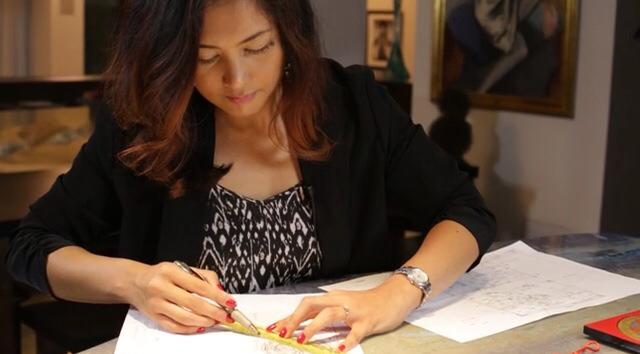 If you’re new to my blog, I welcome you to this movement. A new movement to exposing authenticity (truth) over falsification. Many of my students, clients, and followers know that I have spent much of my career bulldozing bricks of false teachings, one after another.
If you’re new to my blog, I welcome you to this movement. A new movement to exposing authenticity (truth) over falsification. Many of my students, clients, and followers know that I have spent much of my career bulldozing bricks of false teachings, one after another.
While I am doing what I can, I cannot do this alone. That is why I am asking you, wherever you are in your Feng Shui journey, to impart a bit of skepticism and a giant dose of curiosity. I promise you, this will aid you in your exploration to finding the truth on Classical Feng Shui.
Check out my blog for articles that debunk common western myths about Feng Shui.
When a Feng Shui Consultant Is Invited To A Party
10 Things I Wish Everyone Knew About Feng Shui
A Letter Advocating For The True Knowledge of Feng Shui
Copyright © 2017 | Feng Shui by Jen LLC | All Rights Reserved | Materials may not be copied, translated, or distributed without prior written consent.

